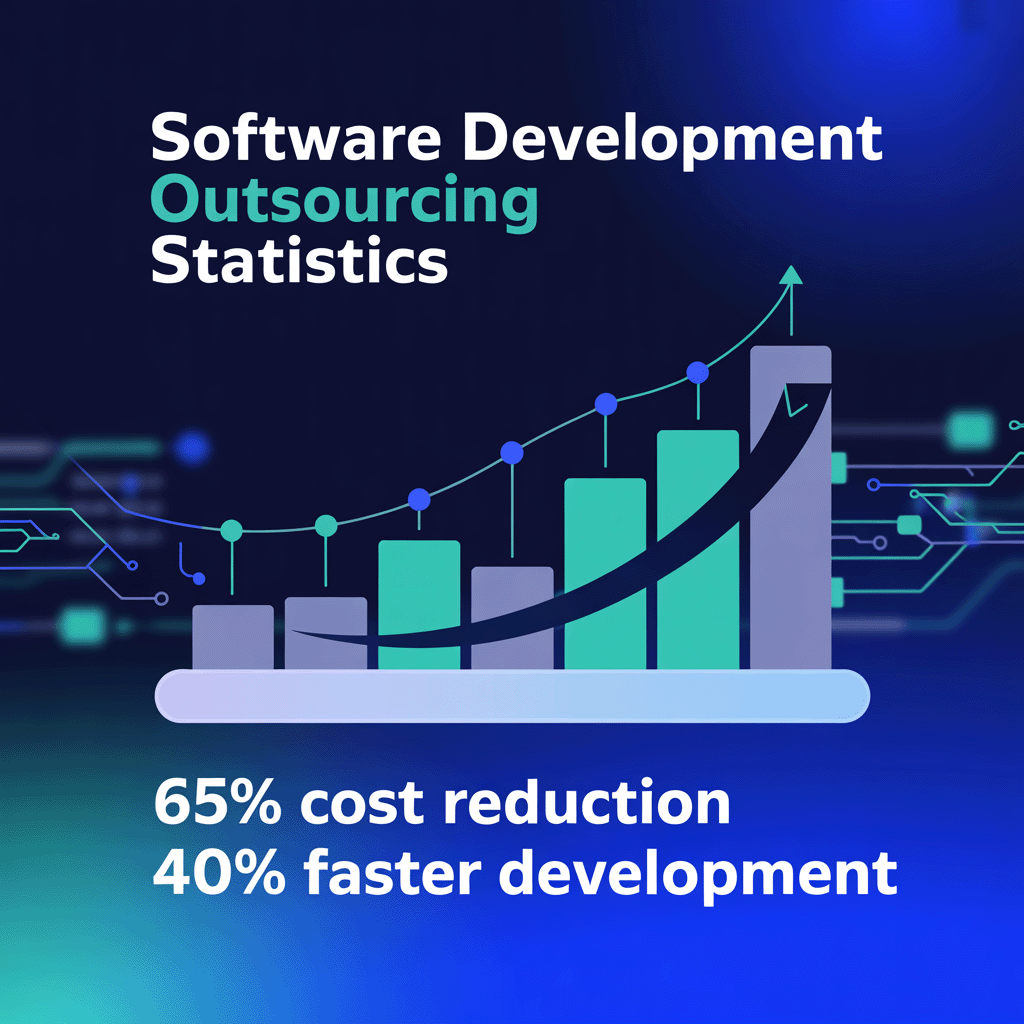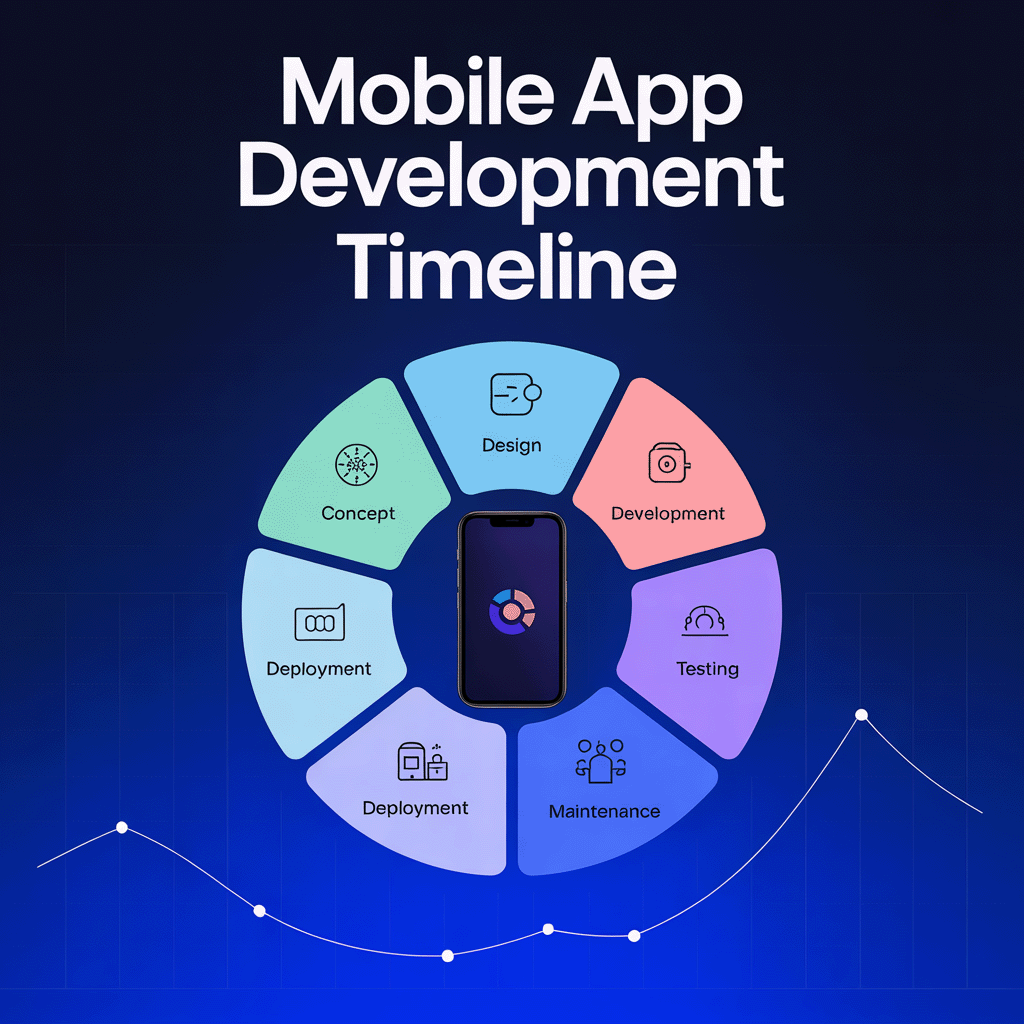The main difference between a website and a web app lies in their functionality and purpose. While both can be accessed through a browser, a website primarily delivers static content, whereas a web app offers interactive features and dynamic user experiences. Overlooking this distinction can have significant implications for your business.
If you’re uncertain about which is right for your company, this article will clarify the differences between a web app vs. website and guide you toward the best choice.

What is a Web App?
A web application is a type of software that you can access through a web browser. Unlike traditional desktop applications, web applications are not installed on the user’s device but can be stored on a remote server.
The main feature of web applications is that they are interactive — they allow users to perform tasks like online shopping, social media posting, playing games, or managing projects. Take Netflix, for example. It is an interactive web app where you can stream movies and TV series, search them by genre and language, and add them to your favorites list. 
Each web app has three parts — a web server, an application server, and a database. To execute the task, the user sends the request to the server base, which sends it to the application server. The latter performs the functions and then generates the required data result. Ultimately, the web server sends those results back to the user. In addition to web applications, there are also native and cross-platform apps. We recommend that you find out about their differences to choose the option that suits your needs and goals.
Here are the most common programming languages in web application development:
- Frontend development — JavaScript, HTML, CSS.
- Backend development — JavaScript, Python, Ruby, Java.
- Database — MySQL and PostgreSQL.
The benefits of a web application:
- Faster development — Web applications are more accessible to create than mobile apps. They do not require approval from the app stores to launch on the market, which is mandatory for mobile applications. Also, there is a multitude of open-source and low-cost frameworks and tools that are highly useful for building web applications from scratch.
- No compatibility issues — Because the web apps use the same code throughout the whole application, they can be easily accessed across different operating systems (iOS, Android, Windows) and devices.
- Online access — There is no need to download or install web applications; they are all available online. This is especially beneficial for companies as web applications are stored on servers and do not require hard drives.
- Scalability — Web apps can easily handle a large number of users or high traffic. With such scalability, there is no need to invest in infrastructure or hardware to support business growth.
Popular web applications include Trello, Netflix, Google Docs, Spotify, Zoom, and Slack.
What is a Website?
A website is a collection of web pages connected by a single domain name. It does not have the same interactive elements as web applications and is mainly used to provide helpful information for users. The number of websites worldwide is about 1.09 billion in 2024.

The benefits of the website:
- Marketing and sales — Websites can promote brands, products, or services through various channels, such as search engine optimization (SEO), social media integration, content marketing, and email campaigns.
- Strong online presence — Having a website that looks professional and is well-designed can significantly improve the brand image and credibility. It is an excellent platform for displaying expertise, services, or products and is crucial in building trust with potential customers or clients.
- Cost-effectiveness — Maintaining a website is much cheaper than promoting the product through traditional marketing approaches. Websites are also easy to build, which saves money and resources.
The crucial elements of the website:
- A web host is the infrastructure needed to store and deliver website content.
- A domain name is the unique address users need to find the website. The catchier the website domain name, the more likely people will see it quickly.
- URL (Uniform Resource Locator) is a sequence of characters that identifies and finds internet resources, such as web pages, files, images, or other resources.
- Design is one of the most essential features of the website. The more appealing and intuitive the user interface, the more people will engage with it. The statistics can back this up — more than 80% of users form their impression about the business based on the design solutions.
- Content is the information displayed on the website for users. People appreciate content that educates them and provides interesting insights. Examples of engaging information include how-to guides, tutorials, and explanatory videos. Visual content, like images and infographics, can also come in handy — users are more receptive to visual elements on the web page.
Here are the core programming languages needed for website development:
- HTML — HTML is a markup language for designing and organizing web page content and structure. It handles web page components like titles, text blocks, pictures, hyperlinks, and input fields.
- CSS — CSS styles the appearance and layout of HTML elements on a webpage. It enables web developers to manage various aspects, such as colors, fonts, spacing, borders, and positioning, to enhance the website’s visual presentation.
- JavaScript — This programming language adds interactivity, dynamic behavior, and client-side functionality to web pages. With this language, web developers can implement form validation, animations, and event-handling features.
Examples of websites include news sites, forums, blogs, and brand sites, namely, Forbes, Buzzfeed, and National Geographic.
The Key Differences Between Web Apps and Websites
Interactivity — Web applications are highly interactive, allowing users to perform different actions. On the other hand, websites are created to display information; no extra features are presented.
Complexity — Generally, web apps are harder to build. They demand a higher level of programming expertise and advanced technologies. It could require the use of server-side languages like Node.js, Python, Ruby on Rails, or PHP for backend development, along with frontend frameworks such as React, Angular, or Vue.js. Websites have a much simpler development process, requiring only HTML, CSS, and possibly JavaScript for some basic interactivity.
Authentication — Web apps require registration to store critical user information and provide personalized services. This does not apply to websites, where e-mails are only occasionally asked for.

Website vs. Web App: Which One to Choose for My Business?
If you are still debating web app vs. website for your business, here is a guide that will help you make the right decision:
When you should choose the website:
- If your business is a small start-up with limited resources, building a website with few functionalities is enough to spread awareness about your product and establish an online presence. It is the most cost-effective business solution.
- If your goal is to spread educational content or company details, a website will suffice. Additionally, a website can provide exceptional customer support if users seek pages with frequently asked questions.
- If you are focused mainly on SEO and improving your brand visibility, a website can lead to more organic traffic, which, in turn, can help you attract new users and increase revenue.
- If you prioritize simplicity and accessibility, a website’s navigation is simple and consistent, and the layout is universal across all devices and browsers.
When you should choose the web application:
- If you want to achieve a high level of user interactivity, opt for web app development. Web applications provide features like user accounts, interactive forms, customized dashboards, and other collaborative tools.
- If you plan to scale your business, web applications are more flexible to potential changes and updates. With the help of modular web application architecture and cloud-based infrastructure, web applications can accommodate growing user bases and increased traffic.
- If you plan to cater personalized products, a web application can do just that. Web applications can utilize user data and analytics to customize each customer’s content, recommendations, and functionality, resulting in a more personalized and immersive experience.
- If you are ready to face risks connected to cybersecurity and have enough resources for this, you can confidently opt for web application development. Many web apps deal with sensitive information from the user, like bank account details, credit cards, and personal addresses, so the risks are much higher. With the security concerns comes a sense of big responsibility for the information you store.
Now, you can weigh all the points of website vs web application and choose the most suitable one for your business. Whichever option you go for, LITSLINK can help you create the best product.
Wrapping up
For the end-users of your business, the difference between an app and a website is not that drastic as long as they are satisfied with the services. For your company, however, the stakes are much higher.
Choosing a web app over a website can bring several benefits, such as higher customer engagement, more opportunities for brand building, and increased credibility. With a web application, you can offer customized services to users and collect data about their preferences and behavior, which can be used to improve the overall user experience.
Conversely, websites are typically static, providing information to visitors about a company’s products or services. However, a website is still a viable option for some businesses, particularly those that don’t require a lot of user interaction or customization.
Choose wisely, but remember that LITSLINK is always at your service. Our experts will provide you with the best website and web app development assistance, so drop us a message right away!





